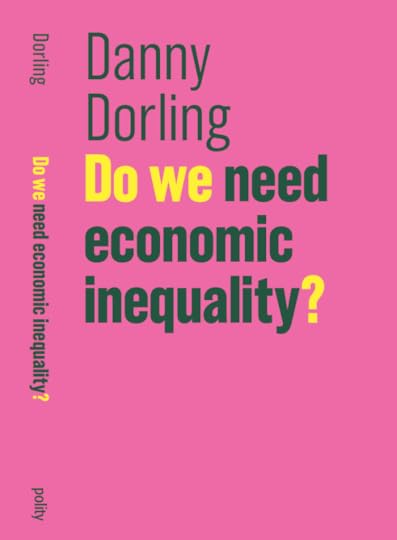Top ‘Remuneration’: Have we reached Peak Inequality?
A fall in inequality can begin without policy and political changes, but they help sustain it. In December 2016 the City of Portland in Oregon announced that it would surcharge
companies that paid their CEOs (Chief Executive Officers) more than 100 times their
median workers’ pay.
In 2016 in the USA the average pay of the top 500 CEOs had fallen to 335 times the
income of the average worker.
That is still incredibly high but in 2014 it was 373 times, although this compares to 42
times in 1980 and 107 times in 1990.
In the UK the average CEO of big British companies was paid 131 times average workers
in 2016 (up from 47 times in 1998). However, on the 3rd of August 2017 the UK’s High
pay centre revealed that the average UK FTSE 100 CEO pay had dropped by 17% in just
one year, down to £4.5million from £5.4million.
The ratio of top bosses pay to average workers’ pay in the UK has only in the very latest
year started to fall, just as has happened in the USA a year earlier.
Whether that fall continues will be determined by remuneration committees meeting at
the start of this 2018 year. Top CEO pay matters also because it is used by ‘hedge fund
managers’, ‘investors’ and others who reap even greater ‘rewards’ to justify their
behaviour and the way governments in the UK and USA allow them to behave.
Last year it was the average pay packet of the highest paid 25% of UK CEOs which fell
the most among all the top CEOs so inequality within that group also fell. CEO pay
matters because it is used to justify excess pay for other top officials. In the 1930s it was
when pay at the top began to fall that income inequality overall began to rise.
That rise continued into the 1940s, to when we had never had it so good in the 1950s,
though to the swing 1960s and then throughout most of the 1970s, the decade which saw
the fastest ever improvement in UK living standards, access to education, improvements
in health, and the building and fair distribution of so much good quality housing for the
people who most needed it. But then, in the 1980s in the UK and USA, instead of
improving the lot of all most and more began to be taken by those at the top who said
they needed it to make everyone work better.
Other affluent countries did not follow suit to this extreme degree and now almost all
have higher life expectancy that is still rising, less poverty, better educational outcomes
than the USA and UK.
In 2017 the Prime Minster said she would consider introducing new rules to ensure such
pay ratios were published for all companies. Many large public institutions publish them
already and most soon have to publish their gender pay gaps.
Theresa May is no radical, but she recognizes that moral sentiment has changed and she
has to at least pretend that she cares about the incredible heights inequality has reached.
She must not appear to care simply because of how unpopular it makes her political
party among young voters. Inequality has many other detrimental effects than causing
enormous and justified resentment.
When inequality is high people lose face, they lose confidence, they suffer from
comparisons in which it is implied that the vast majority warrant little or no respect.
Improvements in life expectancy stall or even reverse, you fear for your children and
their future. Life feels like a game of chance with most of the odds heavily stacked
against you.
Fear divides one from another; loneliness increases, even as we become more crowded in
cities. Our greatest fear is other people, and inequality becomes the enemy between us.
Where inequalities have risen the most, the rich are terrified both of becoming poorer
and of the poor. The poor and everyone in between cannot believe how much the rich
waste. Great economic inequalities rose at the end of both the nineteenth and twentieth
centuries as the greedy few took advantage of the confusion created by great social
change.
This was not because their huge greed was needed, but because it was not well enough
understood and so not well enough controlled.
Today the pace of social change is slowing, global populations are stabilizing, and we
better understand the pathology of greed. We should not be surprised to see economic
inequalities slowly fall.
Children aged between 8 and 14 today could live all of their working lives in countries
becoming more and more equal, as most of their great-grandparents did.
The alternative is catastrophe. But even if that is our fate, most catastrophes end with
economic inequalities reducing. None of us can any longer afford the extent of inequality
we currently tolerate – and be safe.
This is an updated and edited extract from Danny’s new Book: Do We NeedEconomic Inequality?

Do We NEED Economic Inequality?
Danny Dorling's Blog
- Danny Dorling's profile
- 96 followers



